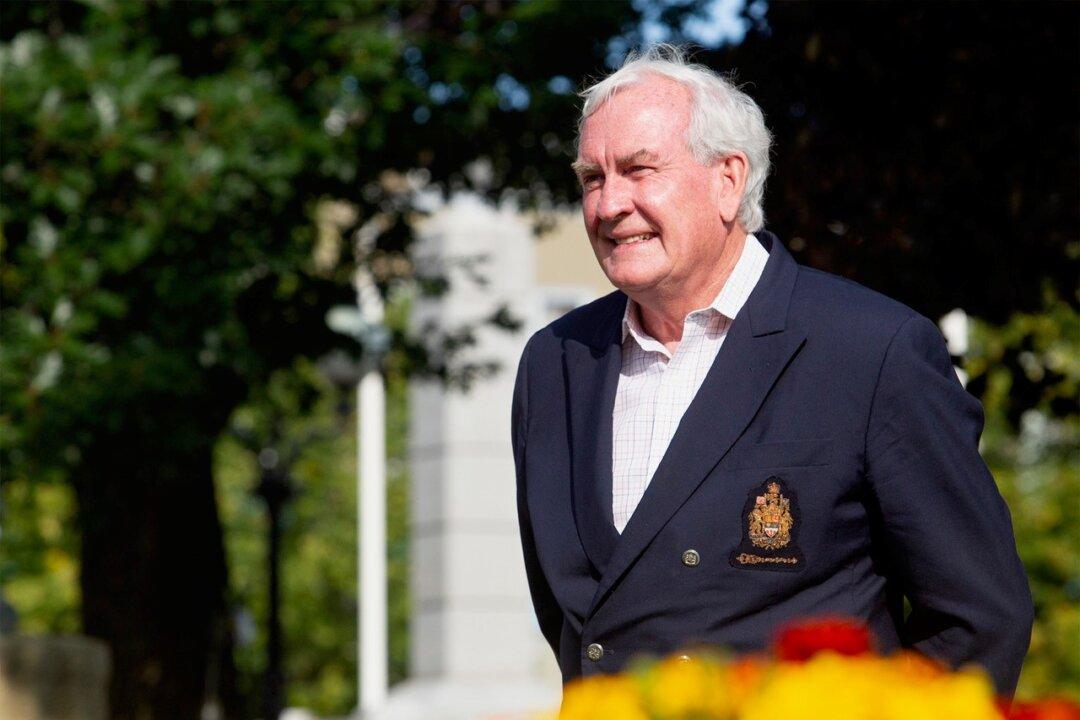A former head of security for the House of Commons said it is “naive” to think that enforcement alone can resolve protests against COVID-19 mandates in Ottawa and elsewhere, as the federal government pursues an extension of the Emergencies Act to deal with the matter.
In a series of posts on Twitter, former Sergeant-at-Arms Kevin Vickers said on Feb. 22 that relying solely on enforcement to end protests without opening dialogue isn’t a winning strategy, and called upon the government to follow other countries’ steps in lifting COVID-19 mandates and restrictions.





